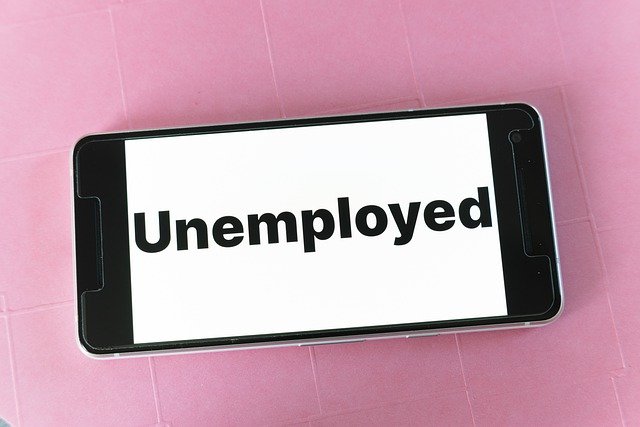Schulz, Perez spar over the Hogan administration’s handling of pandemic UI
Image by Markus Winkler from Pixabay
@BryanRenbaum
Maryland’s 2022 gubernatorial election may be a year away but the race is already heating up.
And at a time when it’s uncertain on whom either of the major political parties will select as their respective nominees, candidates have started firing shots at both primary rivals and potential general election opponents.
This week state Commerce Secretary and GOP establishment favorite for governor Kelly Schulz and former DNC chair and Democratic gubernatorial candidate Tom Perez sparred over the Hogan administration’s pandemic stewardship of the state’s unemployment insurance system in separate interviews with MarylandReporter.com.
Schulz, 52, served as state labor secretary from 2015-2019, when she was succeeded by Tiffany Robinson. That means that Schulz was no longer in charge of the state’s UI program when the pandemic began and the program attracted widespread criticism for being so badly mismanaged compared with that of other states in the nation that the General Assembly convened a series of oversight hearings.
Perez, 60, served as Maryland labor secretary from 2007-2009 and U.S. labor secretary from 2013-2017.
The controversy began after Perez said: “Maryland was among the 10 worst states in the country in handling the influx of UI claims during the first months of the pandemic…I still talk to people who lost their jobs seven months ago and still have not gotten their benefits. Larry Hogan owns this. Kelly Schulz owns this. Everybody who was there owns this. They did not pay attention. I was labor secretary during the Great Recession. We had an unprecedented [operation] at that time despite the [uptick] in benefits claims.”
Schulz responded by saying that the problems Maryland’s UI program faced in the early days of the pandemic were not unique to the state. Schulz also pointed out that she was no longer labor secretary when pervasive problems plagued the department’s UI program.
“It was a global crisis, not a state of Maryland crisis,” she said. “I have not been at the Department of Labor for three years. It is nice for him (Perez) to include me on all the important positions in the state. But that was not my department to run.”
Schulz followed up by saying that when she ran the department significant improvements were made.
“I will also say that when I left the Department of Labor, we adjusted and fixed many of the initiatives that were not running smoothly from my predecessors at the Department of Labor. And by the time I left the Department of Labor we had some of the most highly recognized and adopted workforce development programs in the nation. We had never had workforce development programs that had worked as well as they did.”
Moreover, Schulz said Perez actually sought her advice on regulatory issues when he was U.S. labor secretary.
“While I was at the Maryland Department of Labor, the United States Department of Labor-that was led by another certain candidate during that same period of time-they looked to the state of Maryland for us to be able to help them revise their regulations on a national level. Because Maryland was doing it better than any other state.”
“I will take the leadership credit for that, making sure that we continue to push. Because, without a doubt, every single person in the state deserves an opportunity. And that is what we did through all of those additional programs that we put together,” Schulz added.
Schulz has two primary opponents.
Perez has eight primary opponents.
Democrats have a 2-1 registration advantage over Republicans in Maryland.
But Schulz said she is not intimidated by those odds.
“Just like Governor Hogan did for his two terms of being elected, we basically have to make sure that everybody in the state knows that governance does not really have to do with any specific party. Governance has to do with making sure that Maryland has the best to offer for each and every individual, no matter what party they are in.”
Perez said he believes his campaign will benefit from the state’s increased racial and ethnic diversity.
“We have 150,000 eligible unregistered Latino voters in the state of Maryland. We are actively engaged in making sure that we register those voters and that they get out and vote.”

MarylandReporter.com is a daily news website produced by journalists committed to making state government as open, transparent, accountable and responsive as possible – in deed, not just in promise. We believe the people who pay for this government are entitled to have their money spent in an efficient and effective way, and that they are entitled to keep as much of their hard-earned dollars as they possibly can.

